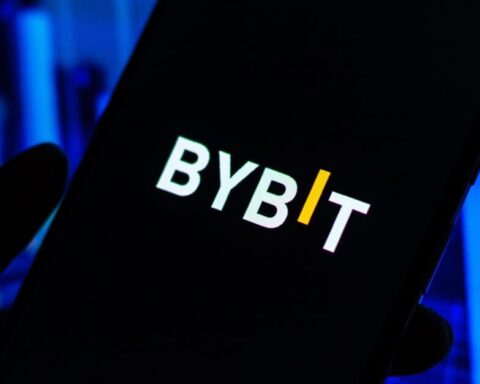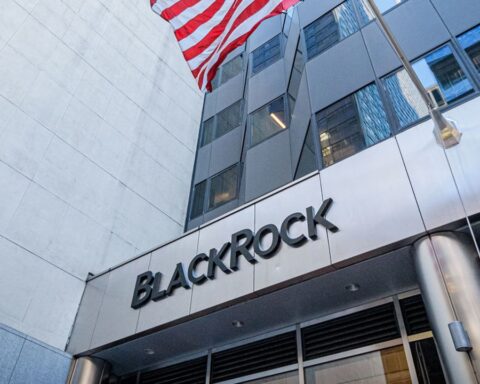A U.S. federal court judge has advanced a civil securities lawsuit against Ripple Labs, rejecting its bid for summary judgment.
This lawsuit claims that Ripple’s CEO violated California securities laws.
On June 20, Judge Phyllis Hamilton of the U.S. District Court for the Northern District of California ruled that a jury will decide if Ripple CEO Brad Garlinghouse made “misleading statements” during a 2017 interview.
The judge dismissed four allegations regarding Ripple’s “failure to register XRP as a security.”
In the 2017 interview on Canada’s BNN Bloomberg, Garlinghouse stated he was “very, very long” on XRP. However, the lawsuit alleges this was misleading, as he “sold millions of XRP” throughout that year.
“We are pleased that the California court dismissed all class action claims. The one individual state law claim that survived will be dealt with at trial,” said Ripple’s chief legal officer, Stu Alderoty, in an emailed statement to Cointelegraph.
Judge Hamilton noted that Ripple argued the “misleading statement” claim should be dismissed, asserting XRP is not a security under the Howey test.
Ripple referenced a significant July 2023 ruling by Judge Analisa Torres in a lawsuit between the U.S. Securities and Exchange Commission (SEC) and Ripple.
However, Hamilton disagreed, finding that XRP could be considered a security when sold to non-institutional investors, who might expect profits from Ripple’s efforts—one of the criteria of the Howey test.
READ MORE: Bitcoin Miner Reserves Plunge to 14-Year Low Amid Halving Pressures and Strategic Adjustments
“The court declines to find as a matter of law that a reasonable investor would have derived any expectation of profit from general cryptocurrency market trends, as opposed to Ripple’s efforts to facilitate XRP’s use in cross-border payments, among other things.
Accordingly, the [court] cannot find as a matter of law that Ripple’s conduct would not have led a reasonable investor to have an expectation of profit due to the efforts of others,” Hamilton wrote.
Ripple’s Alderoty emphasized, “The ruling from Judge Torres in the SEC case still stands and nothing here disturbs that decision.”
Many in the U.S. crypto industry celebrated Torres’ ruling as a major victory in 2023, anticipating that it would set a precedent for other crypto cases.
However, its impact has been less significant than expected.
In the SEC’s case against Terraform Labs, Judge Jed Rakoff, from the same courthouse as Torres, disagreed with the Ripple ruling, rejecting Terraform’s dismissal motion in August.
Terraform subsequently lost the case and had to pay a $4.5 billion settlement to the SEC.
To submit a crypto press release (PR), send an email to sales@cryptointelligence.co.uk.




